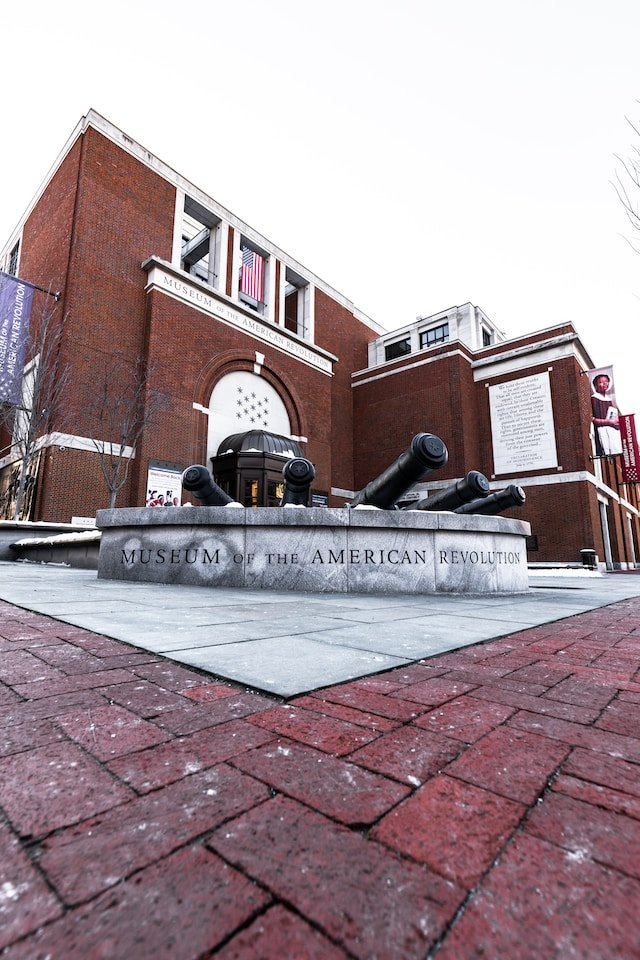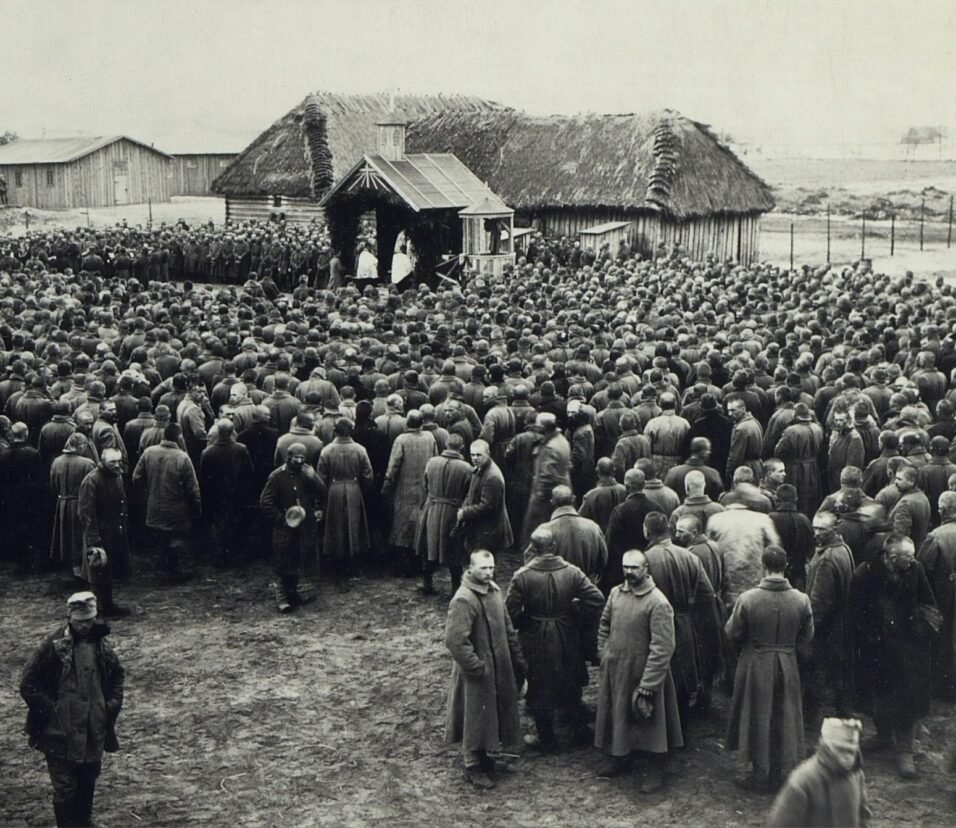Important People of the Revolution
Important People of the Revolution: The history of revolutions is replete with heroes, villains, and figures who shaped the destinies of nations. Their legacies, whether through strategic foresight, compelling rhetoric, or pure courage, have left indelible marks. In this comprehensive exploration, we delve into some of the most influential individuals from various revolutions across the world, offering insights into their roles and lasting impacts.
George Washington: The American Revolutionary Leader
Undoubtedly, George Washington’s contribution to the American Revolution is immense. As the first President of the United States, he led the continental army against British forces, displaying both military prowess and impeccable leadership. His resilience during challenging times, especially during the harsh winter at Valley Forge, cemented his place in history. Furthermore, Washington’s decision to relinquish power after his presidency set a crucial precedent for democratic transition in the young nation.
Simon Bolivar: The Liberator of Latin America
Journeying southward, Simon Bolivar emerges as a colossus in the Latin American revolutionary landscape. Often referred to as ‘El Libertador,’ Bolivar played an instrumental role in the liberation of several South American countries from Spanish rule. His vision, combined with his military acumen, spearheaded revolutions in Venezuela, Bolivia, Colombia, Ecuador, Peru, and Panama. Bolivar’s dream of a united Latin America, though not fully realized, remains a testament to his visionary leadership.
Maximilien Robespierre: The Voice of the French Revolution
Turning to Europe, the French Revolution introduced us to several influential figures, none more controversial than Maximilien Robespierre. As a key player in the Committee of Public Safety, Robespierre championed the Reign of Terror, a period marked by extreme political fervor and mass executions. Despite the divisive opinions surrounding his rule, his role in shaping the First French Republic is undeniable.
Vladimir Lenin: The Architect of the Russian Revolution
Shifting our focus eastward, the Russian Revolution stands as one of the 20th century’s most significant upheavals. At its forefront was Vladimir Lenin. His masterful grasp of Marxist theory and his ability to galvanize the masses led to the fall of the Russian Empire and the birth of the Soviet Union. Lenin’s policies and decisions, from the October Revolution to the establishment of the Red Army, have left a lasting impact on global politics.
Mao Zedong: The Father of the Chinese Revolution
Further east, Mao Zedong rises as a revolutionary giant. As the founding father of the People‘s Republic of China, Mao navigated the complexities of the Chinese civil war, eventually establishing communist rule. His ideologies, encapsulated in Maoism, steered China through agrarian reforms, the Great Leap Forward, and the Cultural Revolution, shaping modern China’s socio-political landscape.
Toussaint L’Ouverture: The Beacon of the Haitian Revolution
Returning to the Americas, the Haitian Revolution stands as a beacon of hope against colonial and oppressive regimes. Toussaint L’Ouverture, a former slave turned revolutionary, emerged as its leading figure. Under his leadership, Haiti became the first black republic and the second country in the Americas to declare independence. L’Ouverture’s resilience against French, Spanish, and British forces remains an inspiration for anti-colonial movements worldwide.
Jose Rizal: The Spark of the Philippine Revolution
In Southeast Asia, the Philippine Revolution against Spanish colonial rule saw the rise of Jose Rizal. Although primarily known as a writer and intellectual, Rizal’s works, especially novels like “Noli Me Tangere” and “El Filibusterismo,” galvanized Filipino sentiment against Spanish oppression. While Rizal advocated for peaceful reforms, his execution fueled the revolution, leading to the eventual end of Spanish rule in the Philippines.
B. R. Ambedkar: The Architect of India’s Constitution
In the backdrop of the British colonial period, India’s fight for freedom was a revolution in itself. While Mahatma Gandhi’s non-violent protests gained worldwide attention, Dr. B. R. Ambedkar’s role in reshaping post-independence India is equally crucial. As the principal architect of the Indian Constitution, he championed the rights of the oppressed, particularly the ‘Dalits’ or the untouchables, and worked tirelessly to ensure social justice in a deeply stratified society.
Emiliano Zapata and Pancho Villa: The Pillars of the Mexican Revolution
The Mexican Revolution, a complex and multifaceted upheaval, brought forth several leaders. Among them, Emiliano Zapata and Pancho Villa stand out. Both believed in land reforms and fought against the dictatorship of Porfirio Díaz. Zapata’s famous slogan, “Tierra y Libertad” (Land and Liberty), encapsulated the revolution’s aspirations. Together, these figures symbolized the spirit of the Mexican Revolution, seeking a more equitable and just society.
Nelson Mandela: The Face of the Anti-Apartheid Movement
South Africa’s battle against apartheid was a revolution of human rights and dignity. Nelson Mandela, with his unwavering resolve and commitment to equality, emerged as its most iconic figure. His long incarceration became symbolic of the struggles against racial segregation. After his release, Mandela’s reconciliation approach avoided a potential civil war and set South Africa on a path toward democracy, making him a global emblem of peace and unity.
Conclusion
Revolutions, by their very nature, are tumultuous periods that bring forth profound societal changes. Central to these upheavals are the individuals who, through conviction, vision, and determination, steer the course of history. The figures highlighted here, from Washington to Rizal, offer a mere glimpse into the vast array of personalities that have shaped our world through revolutions.
Their legacies, intertwined with the very fabric of the nations they helped forge, serve as enduring reminders of the human spirit’s power to challenge, change, and chart new beginnings. As we reflect upon their contributions, we gain not only historical insights but also inspiration for confronting contemporary challenges with the same revolutionary spirit.







